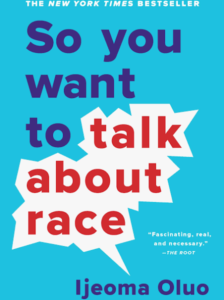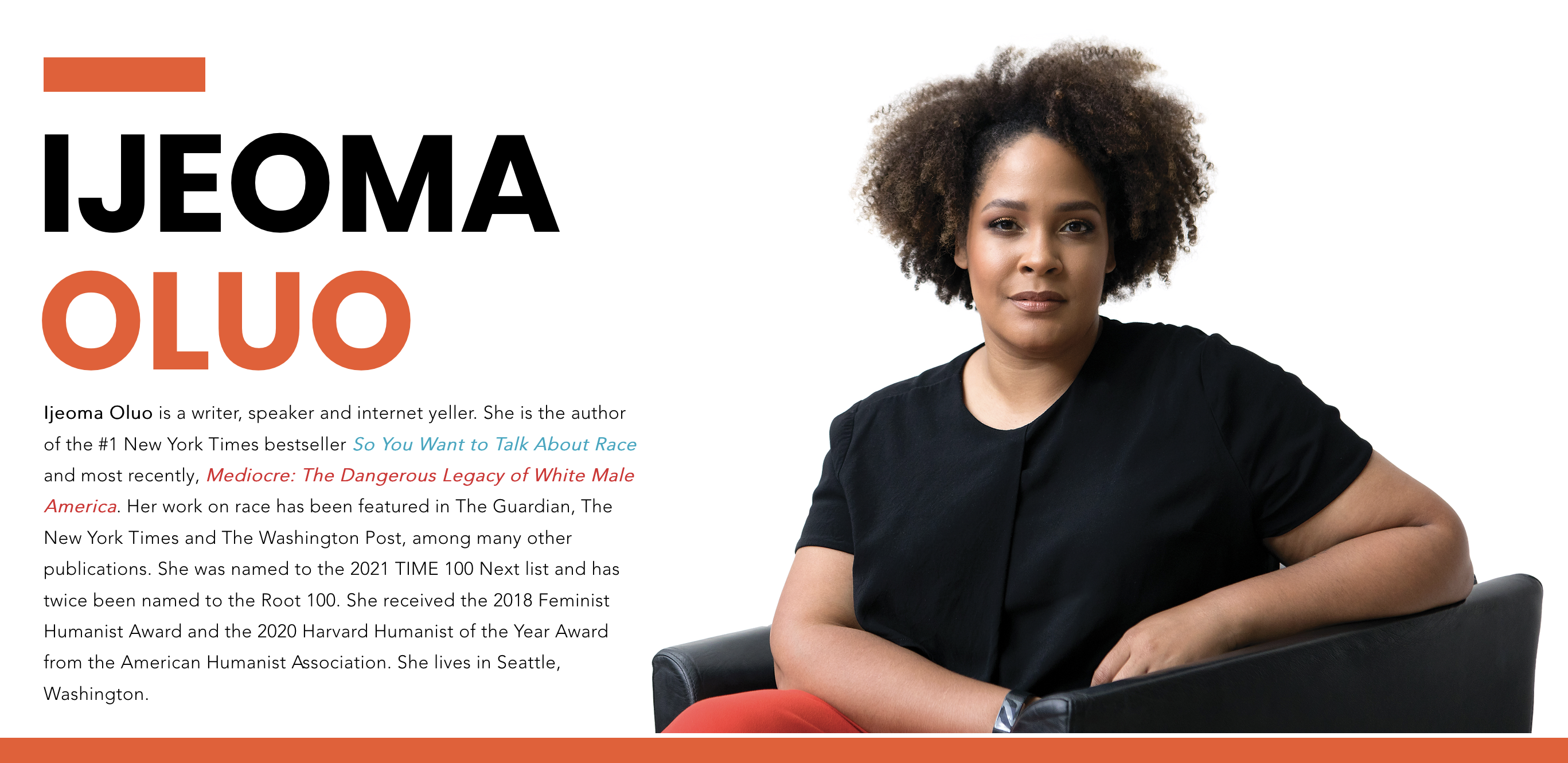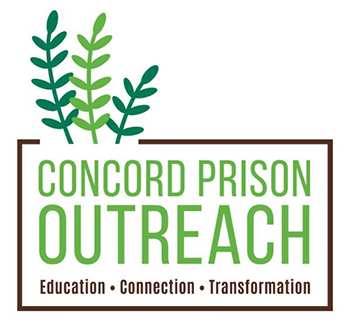Book Review
So You Want to Talk About Race, by Ijeoma Oluo.
New York, NY: Seal Press, 2019.
Submitted by Wayne Parrish, CPO Volunteer
 Police brutality has become a front and center topic of public discussion with the violent killings of blacks all over the news. But this is not “news.” Video and images capturing unwarranted use of force are a wake up call. But, in truth, this call has been sounded for over 400 years, and many of us have pressed the “snooze button.”
Police brutality has become a front and center topic of public discussion with the violent killings of blacks all over the news. But this is not “news.” Video and images capturing unwarranted use of force are a wake up call. But, in truth, this call has been sounded for over 400 years, and many of us have pressed the “snooze button.”
Some CPO volunteers have gathered for a Zoom Book Discussion Group, and have explored So You Want to Talk About Race by Ijeoma Oluo. The author helps us see the need to emancipate ourselves so that we can not just hear the alarm, but wake up and get to work, and quit hitting that “snooze button.” Wherever you are on the journey of understanding systemic racism in America, this book is for you. With the wide range of topics, personal anecdotes and stories, wit and humor, and a brief discussion guide, she’ll make you think and feel, whether you’re white or a person of color.
In some ways it’s like a user friendly “how-to manual,” for she concludes that change will not come unless we are brave enough to name and remove the many forces at work that are strangling freedom for all. Racism is but one of those forces, and she opens the book with a good overview of race and racism, and provides practical tools to facing up to racism, and deciding what we can practically do now. Many of her chapters conclude with a checklist of actions we might take to become more free.
Ijeoma Oluo | So You Want to Talk About Race | Talks at Google
The author recognizes that whites may worry about saying (i.e. the “N” word – Chapter 9) or doing (i.e. touching a black person’s hair – Chapter 11) the wrong thing, and shrinking back to silently continue to live into white privilege. But in a direct, brutally honest, but not condescending style, she helps us face our fear of tackling this subject in the wrong way. At times it may be uncomfortable, but she helps us see and feel the systemic harm done to people of color over four centuries by a white supremacist society. She notes “our humanity is worth a little discomfort; it’s actually worth a lot of discomfort (p. 211). We all want to feel better, and then move on to do better. So if we continue to say we’re not ready to talk about this, we need to ask ourselves if we, and our country, really believe and seek to practice liberty, justice, and equality for ALL.
She explores how systemic racism impacts mass incarceration and our criminal justice system, police brutality, affirmative action, and the school-to-prison pipeline. To bring about change, we need to enter into conversations, and genuinely listen to all of the concerns. Efforts thus far may not have gotten us far, but the author leaves us with a sense of hope. Working together, we can help put words into action and make emancipation for all more of a reality. As she concludes, “We cannot talk our way out of a racially oppressive system. We CAN talk our way into understanding, and we can then use that understanding to act (p. 234).
When you finish the book you sense that effecting real change, even with small actions, will really improve the lives of people of color. We’ve found it to be a great book for group discussion. We can connect with, and relate to her personal stories, recognize how we personally “hit the snooze button,” and be encouraged to keep the conversation going. You may not enjoy all of the book, but it will empower you to both face your own issues, as well as systemic racism, and take steps towards genuine freedom for all.
Available on Google Books or through Amazon


